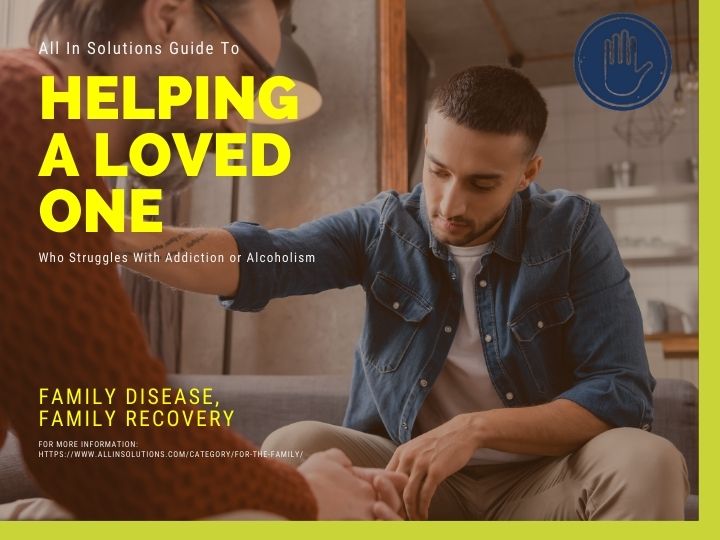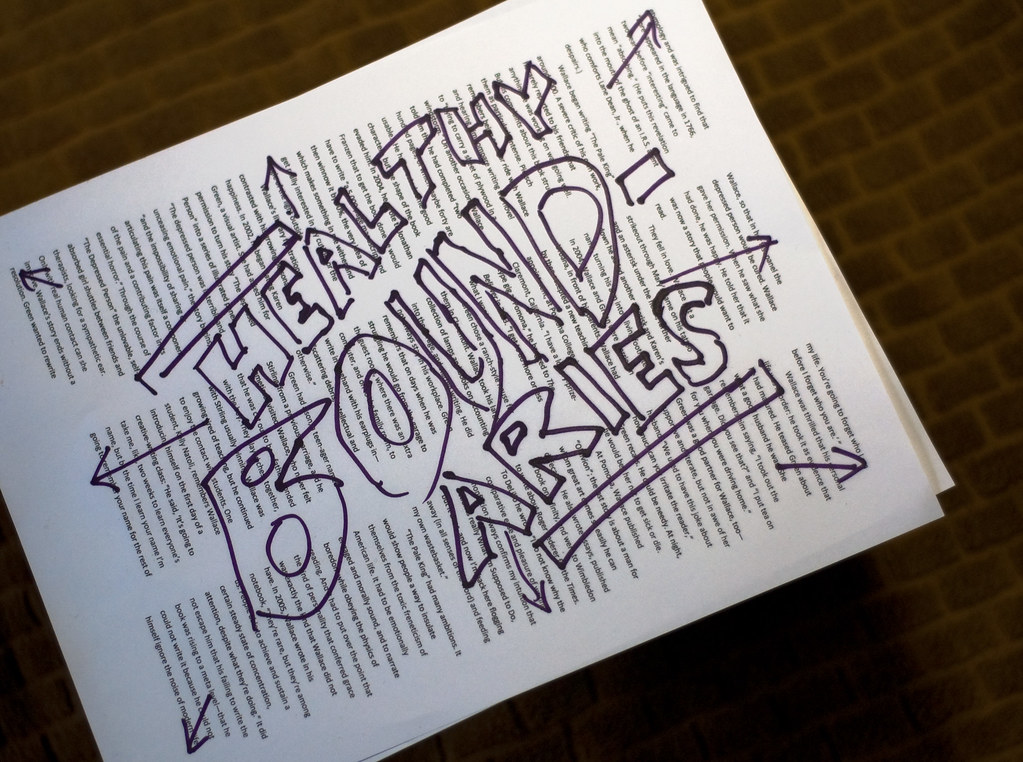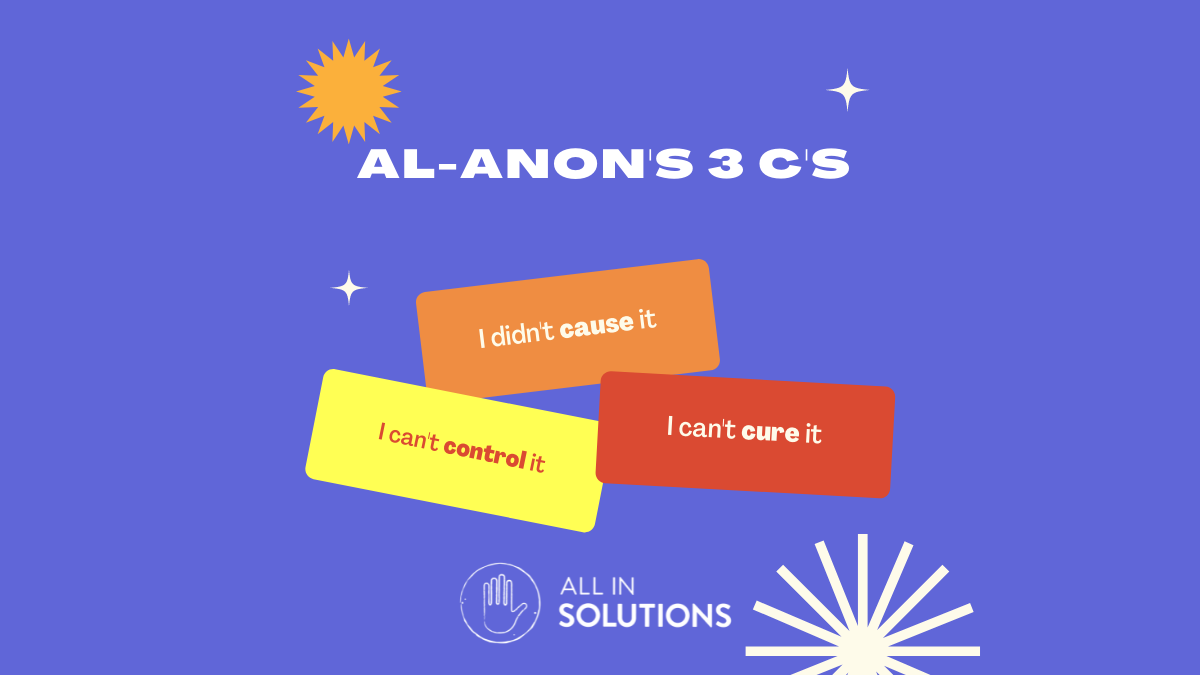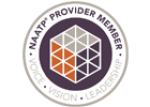Everybody has a loved one who is addicted to something. The million-dollar question is ” how do I help an addict?” Substance Use Disorders can be classified as primary medical conditions, not moral deficiencies or personality disorders. It would be wrong to judge your child or spouse with diabetes or cancer. The first thing to do is get rid of the label. Instead of asking “how do I help an addict?” ask yourself “how can I help someone with addiction?” It is important that you treat your relative with compassion and empathy. It is impossible to talk about their addictions! The question is, “How can I help someone suffering from an addiction?”
Related reading: Loving Them Until They Can Love Themselves
How to help a drug addict
1. Establishing a healthy boundary is the first step.
It is easy to define a boundary as the place where you and your loved ones meet. If you are not willing to support someone suffering from substance abuse , it is impossible to help them. Dr. Brene Brown stated, “If someone is in a deep and dark hole of struggle and you make a willful leap into it, you are both stuck.”
After nearly two decades of treating addicts and their families, I’ve crafted a script to assist them. Here is an example:
It is difficult, but it is necessary to let go of your disease. It is too difficult for me to watch you ruin your life. Your addiction has created emotional stress in me and I have decided to save myself by loving you far away. I will support you only if you are actively involved in recovery and/or treatment.
I will immediately stop all communication with you if you decide to go back to active substance abuse. Active addiction means that I won’t support you financially or emotionally. Nor will I allow your addiction to develop in any other way. This decision is based on love for you and my love and respect for myself and our family.
You have established a healthy boundary between you and your relative. Now, the question is how do you help someone who has an addiction?
Related reading: How to Help Your Child Prevent Relapse
2. Investigate the causes of addiction.
Begin by learning about addiction and recovery from substance abuse disorders. While detoxification, rehabilitation and 12-step programs can be helpful, it is not helpful to do this over and over again. I define enabling to be the act of interrupting the negative, painful consequences that could motivate someone struggling with addiction. These are examples of enabling: paying for your relative’s substance abuse, paying their bills after their money has been spent on drugs, calling your relative’s employer if they are unable or unwilling to work. Enabling is another way to do what your relative can do for themselves. Your relatives will be more self-confident if they are able to pay their bills, make their own appointments and take care of their daily needs.
3. You can help them through your own self-care and personal recovery.
Personal recovery and self-care are the final steps in learning “How to Help Someone with Substance Abuse”. Al-Anon and Nar-Anon are self-help support groups that offer 12-step programs for those whose loved ones are struggling with addiction. These support groups will help you deal with the difficulties of caring for someone suffering from addiction. They can teach you how to handle the chaos and emotional pain of addiction, as well as the physical pain that comes with it. Al-Anon has a saying that refers to the addiction of a loved one. It is called the three (3) C’s. This means you didn’t cause it. You can’t control or cure it. Two (2) more C’s have been mentioned to me over time. They are “you can contribute, and you can deal with it.”
You can help the behavior continue, but not the disease. Accepting your powerlessness over other people and their behavior, focusing on your own recovery, and allowing yourself to be a part of the solution is how you can cope. You can help your relative with addiction by putting on the oxygen mask, not reacting to their behavior, and not offering advice or guidance.
Related Reading: 9 Ways to Help Yourself When Your Child is Struggling with Addiction
You can help your loved one to recover by implementing a self-help program and practicing self-care such as prayer, meditation and exercise.







